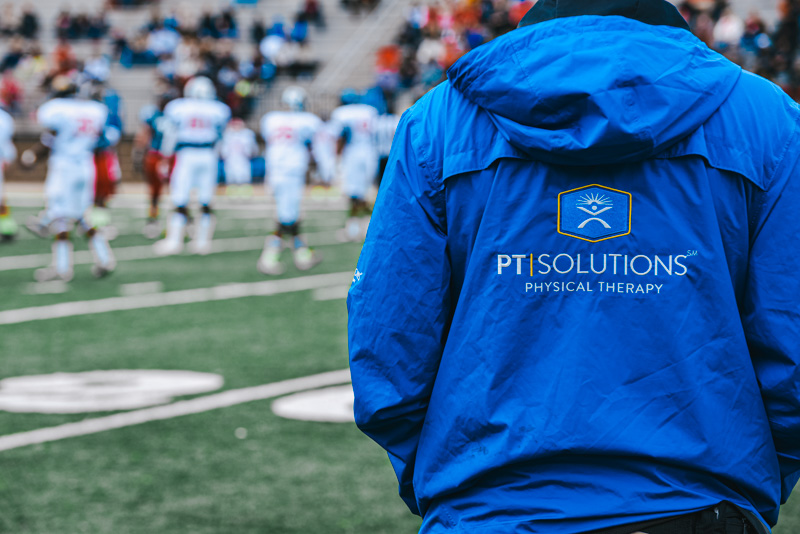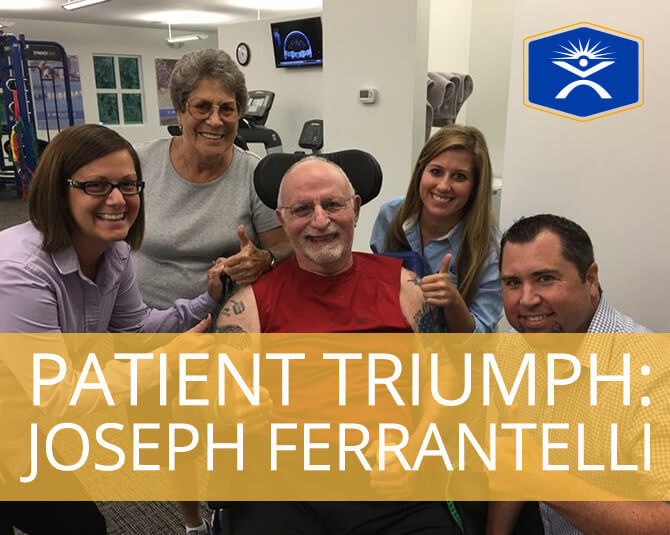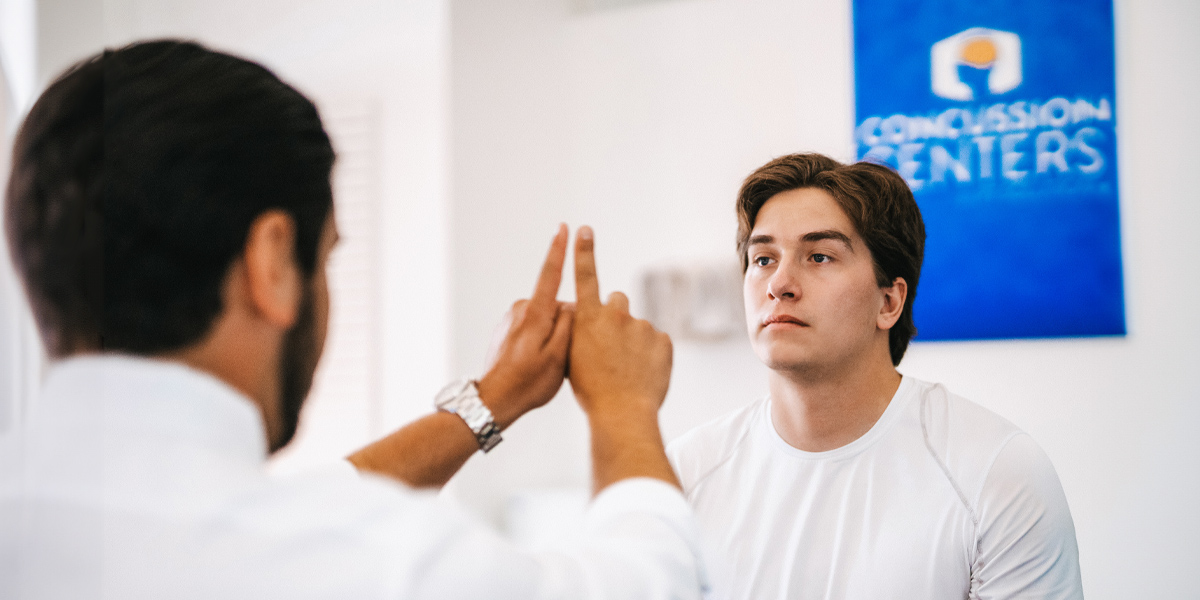There are many possible symptoms of TBI. Depending on the injury, they might be subtle or more obvious. Some manifest quickly while others are delayed.
If you or someone you know experiences any of these symptoms following a head injury, seek medical attention immediately. Remember, some symptoms may not appear until hours or even days after the injury. Stay alert and watch out for any signs of an injury.
Physical Symptoms
Headache, nausea or vomiting, fatigue, drowsiness, difficulty with balance, dizziness, blurred vision, ringing in the ears and sensitivity to light or sound could indicate a TBI.
Cognitive Symptoms
Not all symptoms are physical. TBIs can impact cognitive functions, with symptoms like experiencing confusion, memory problems, difficulty concentrating, slow thinking or processing, feeling disoriented or having difficulty making decisions.
Emotional/Behavioral Symptoms
You might experience changes in behavior or emotions after a TBI. These could be uncharacteristic mood swings, irritability, agitation, anxiety, depression, personality changes or impulsiveness.
Sleep-Related Symptoms
Sometimes TBIs can impact your sleep. You might sleep more or less than usual or experience difficulty falling asleep.
Severe Symptoms of TBI
These symptoms are characteristic of severe cases: loss of consciousness, persistent headache, repeated vomiting, seizures, dilation of one or both pupils, clear fluid draining from ears or nose, inability to awaken from sleep, weakness or numbness in fingers and toes and loss of coordination.






